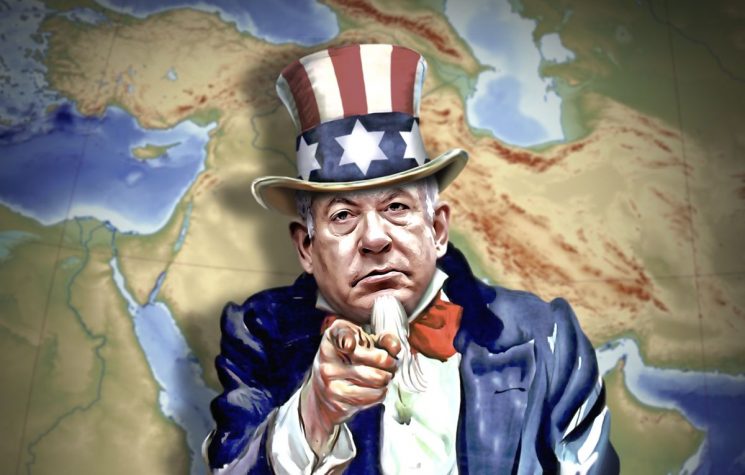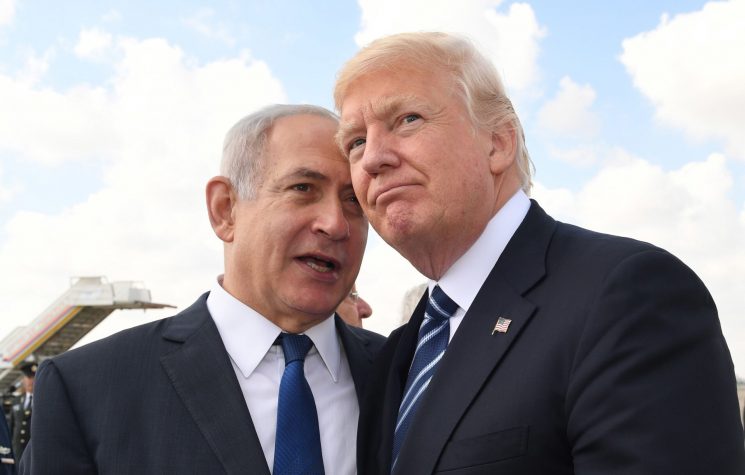The Zionist regime is increasingly unable to predict the next developments in the conflict, remaining in constant instability.
❗️Join us on Telegram![]() , Twitter
, Twitter![]() , and VK
, and VK![]() .
.
Contact us: info@strategic-culture.su
You can follow Lucas on X (former Twitter) and Telegram.
Recently, Zionist troops retreated from Khan Younis, ending one of the main battles of the Israeli-Palestinian conflict since October 7, 2023. Israeli propagandists try to describe the maneuver as a strategic retreat, with unsubstantiated claims that Hamas has “ceased to exist” as a military organization in the region. However, the move was the result of a true military defeat. Israel was unable to maintain positions in southern Gaza, being forced to withdraw in the face of new military emergencies.
These “emergencies” are certainly related to the Israeli fear of retaliation from Tehran for the attack on the Iranian Embassy in Damascus. Considering the seriousness of what happened, it is absolutely clear that the Persian country will give a harsh response to the aggressor side, which has generated panic among Israeli officials. Maintaining positions in southern Gaza, where Zionist troops were under constant Palestinian fire, became unfeasible in the face of new “threats”, which is why Tel Aviv retreated from Khan Younis to keep its soldiers in combat readiness in the event of an Iranian attack. Meanwhile, Palestinian resistance forces are now retaking ground previously occupied by the IDF.
One of Israel’s greatest fears is that Iran will mobilize Hezbollah for open war. Tel Aviv is paying special attention to the north, on the border with Lebanon, where it expects a large-scale incursion by Shiite militia soon. Hezbollah is currently one of the most powerful non-state military movements in the entire world. The Israeli media itself has published reports stating that the group has more missiles than all the countries in the European Union combined. Tel Aviv deeply fears that there will be a direct confrontation with Hezbollah as it knows that it would be very unlikely to achieve victory in such a war.
There is still fear that Iran will carry out some type of direct attack. The Zionist state is keeping its surveillance systems active, trying to prevent Iranian missiles and drones from successfully penetrating Israeli airspace. The Zionist intelligence service is extremely busy trying to quickly identify any threat in order to neutralize any attempted Iranian military incursion as quickly as possible.
Meanwhile, rumors have been circulating on the internet about possible parallel negotiations between Iran and the U.S. to establish the terms of what the Iranian response to the Zionist regime will be like. Some experts believe that, to free Israel from a direct attack, Iran is demanding pressure from the U.S. for Israel to end its invasion of the Gaza Strip. There is no confirmation of such rumors, but it is likely that Washington is indeed engaged in diplomatic dialogue to at least prevent its military bases in the Middle East from being targeted by Iran during retaliation.
In fact, there are many expectations about the possible start of a direct war, but Iran is proving capable of dealing with the geopolitical challenge posed by Israel. Tel Aviv acted desperately by killing Iranian diplomats in Syria. The Zionist regime made it clear at that moment that its intention was nothing other than to provoke war. Tehran understood the reason behind the attack and therefore decided to act cautiously. The military response will apparently occur asymmetrically, without generating an all-out regional war.
Israel wants to promote this type of war because this is its only chance to defeat the Palestinian Resistance. Only with broad Western support will the regime be able to “destroy Hamas”. To justify an all-out war, Israel needs a “casus belli” that makes Iran opt for direct combat. Tehran is therefore thinking about its military response strategically and carefully, practically ruling out the hypothesis of a symmetrical attack. Iran appears to make clear that any retaliation will occur on its own terms – when, where and how Tehran decides it will be. Israel can only wait.
And all this “uncertainty” is costly. To maintain “combat readiness” and constant vigilance, Israel spends a lot of material and financial resources. It is inevitable that this will create problems for the country in the short term. Iran is draining its enemy’s resources by making it wait and leaving it unsure of what retaliation will be like. When there is finally a retaliatory maneuver, Israel will already be weakened and unable to prevent Iranian success.
Finally, it is possible to see that Iran is maintaining control of the situation, while Israel is showing desperation.































